
Allied Health courses in Bendigo
Course providers in Bendigo
The following providers offer Allied Health courses in Bendigo.


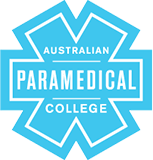








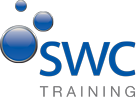
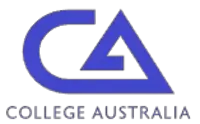





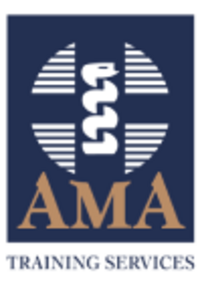



























Career Pathfinder
Skills shortages + AI Exposure
Discover in-demand careers and understand how each role may be impacted by AI and automation.
- See in-demand occupations across Australia
- Check AI Exposure ratings
- Compare training duration and average income
Common questions
Occupational therapists help patients perform tasks in daily life, while physiotherapists help patients improve their movement, strength and function. The term occupation refers to everyday life tasks, while physiotherapy refers to physical therapy. Both are science-based allied health roles that aim to improve quality of life through prevention, maintenance and treatment.
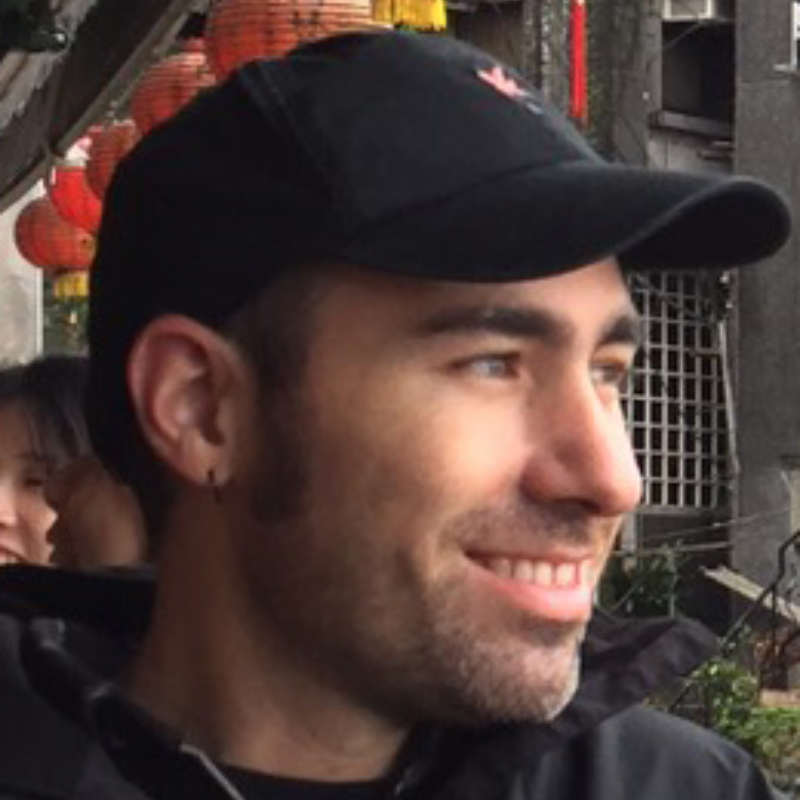 Stephen Charlton
Stephen Charlton
You can become qualified to work as an occupational therapist by completing one of the following degrees, depending on your educational pathway:
- Master of Occupational Therapy (postgraduate degree)
Average duration: 24 months - Bachelor of Occupational Therapy (Honours)
Average duration: 4 years - Bachelor of Occupational Therapy
Average duration: 4 years
 Stephen Charlton
Stephen Charlton
You can become qualified to work as a physiotherapist by completing one of the following degrees, depending on your educational pathway:
- Doctor of Physiotherapy (postgraduate degree)
Average duration: 3 years - Master of Physiotherapy (postgraduate degree)
Average duration: 24 months - Bachelor of Physiotherapy (Honours)
Average duration: 4 years - Bachelor of Physiotherapy
Average duration: 4 years
 Stephen Charlton
Stephen Charlton
Yes, you need to complete an accredited degree to work legally as an occupational therapist or physiotherapist in Australia. The two core pathways are completing a bachelor’s degree or a postgraduate degree. The Occupational Therapy Council of Australia and Australian Physiotherapy Council are responsible for accrediting such courses.
 Stephen Charlton
Stephen Charlton
Yes, overseas-qualified practitioners can work in Australia by registering with the Occupational Therapy Board of Australia or Physiotherapy Board of Australia. Practitioners who are currently registered with the Occupational Therapy Board of New Zealand or Physiotherapy Board of New Zealand can apply directly for Australian registration. Other overseas-qualified practitioners have to fulfil the requirements listed on the relevant webpages of the Occupational Therapy Board of Australia and Physiotherapy Board of Australia.
 Stephen Charlton
Stephen Charlton
If you have already completed an approved degree in a different discipline, you can gain an accredited postgraduate degree to become qualified to work as an occupational therapist or physiotherapist. Examples of such degrees are a Master of Occupational Therapy, Master of Physiotherapy and Doctor of Physiotherapy. Postgraduate degrees in these fields may have additional entry requirements, including but not limited to health-related prerequisite subjects.
 Stephen Charlton
Stephen Charlton
In some cases, completing vocational education and training (VET) in a related discipline can allow you to meet the entry requirements for a bachelor’s degree in these fields. Entry requirements vary between educational providers. Some providers offer a VET entry pathway with a minimum of a Certificate IV, but others require a minimum of a diploma or advanced diploma. Some providers do not offer a VET pathway for these courses at all. Therefore, it’s wise to confirm the entry requirements for your desired bachelor’s degree before starting a VET course.
 Stephen Charlton
Stephen Charlton
In addition to completing an accredited degree, occupational therapists and physiotherapists will need to register with the Occupational Therapy Board of Australia or Physiotherapy Board of Australia to work in Australia. The Australian Health Practitioner Regulation Agency (AHPRA) administers practitioner registration on behalf of these boards. There are different requirements to gain registration for Australian-qualified practitioners, New Zealand-registered practitioners, and other overseas-qualified practitioners.
 Stephen Charlton
Stephen Charlton
Career paths for these professions include independent contracting, starting a practice, working in community care, paediatrics, mental health, rehabilitation, disability, medical or aged care sectors).
 Stephen Charlton
Stephen Charlton
Jobs and Skills Australia reports that the median full-time weekly earnings for occupational therapists and physiotherapists in 2024 are $1,526 and $1,710, respectively. These figures can be contrasted with Australian workers of all occupations, who earn a median full-time weekly income of $1,697.
 Stephen Charlton
Stephen Charlton
There is a significant demand for occupational therapists across Australia. Jobs and Skills Australia’s Occupation Shortage List indicates that the labour market had a shortage of occupational therapists across all states and territories from 2022 to 2024.
 Stephen Charlton
Stephen Charlton
There is substantial demand for physiotherapists in Australia. Jobs and Skills Australia’s Occupation Shortage List indicates that the labour market experienced a shortage of occupational therapists and physiotherapists in most states and territories from 2022 to 2024.
 Stephen Charlton
Stephen Charlton
Working as an occupational therapist or physiotherapist comes with the satisfaction of directly helping to improve patients’ quality of life. Furthermore, the job market is promising, as Jobs and Skills Australia reports there is significant labour market demand for both professions. The future outlook is also positive, as Jobs and Skills Australia reports that the annual employment growth in 2024 for occupational therapists and physiotherapists is 2,200 and 4,100, respectively.
 Stephen Charlton
Stephen Charlton
Further reading


What can you do with a Certificate IV in Allied Health Assistance (Physiotherapy)?
3rd March 2022
What can you do with a Certificate III in Allied Health Assistance?
8th January 2020All courses
- HLT33021 Certificate III in Allied Health Assistance
- HLT47321 Certificate IV in Health Administration
- CHC43315 Certificate IV in Mental Health
- CHC53315 Diploma of Mental Health
- HLT52021 Diploma of Remedial Massage
- HLT41120 Certificate IV in Health Care
- HLT54121 Diploma of Nursing
- HLT33115 Certificate III in Health Services Assistance
- Master of Health Science (Osteopathy)
- Doctor of Medicine
- HLTPAT001 Identify and respond to clinical risks in pathology collection
- Bachelor of Physiotherapy (Honours)
- CHCCCS010 Maintain a High Standard of Service
- Graduate Certificate in Sports Medicine
- 22540VIC Course in Supporting People with Complex Personal Care Needs, including Behaviours of Concern
- HLT43212 Certificate IV in Health Administration
- Bachelor of Speech Pathology
- Master of Clinical Exercise Physiology
- HLT47715 Certificate IV in Medical Practice Assisting
- 52792WA Advanced Diploma of Holistic Classical Yoga Practices
- Bachelor of Exercise and Sport Science (Honours)
- HLT33115 Certificate III in Health Services Assistance (Assisting in Nursing Work in Acute Care)
- HLT43015 Certificate IV in Allied Health Assistance (Physiotherapy)
- Bachelor of Sport and Exercise Science (Honours)
- HLT45015 Certificate IV in Dental Assisting (Radiography Specialisation)
- Bachelor of Nursing
- Bachelor of Social Work
- Master of Social Work (Qualifying)
More about Allied Health courses
Are you considering a career in the Allied Health field? Bendigo is a thriving hub for education and professional opportunities in this sector, with a variety of courses available to help you pave your way to success. With a total of 7 Allied Health courses listed, students can find the perfect fit for their career aspirations in this vibrant regional city.
One of the leading training providers in Bendigo is La Trobe University, offering the Bachelor of Occupational Therapy (Honours). This comprehensive programme is designed for those looking to become a registered Occupational Therapist, a highly respected role that makes a real difference in the lives of individuals needing support with daily activities and rehabilitation. Should you wish to explore additional Allied Health pathways, Bendigo provides diverse options tailored to different interests and career goals.
In the Bendigo region, students can gain hands-on experience and invaluable skills through face-to-face learning at local campuses. Engaging directly with peers and educators enhances the learning experience, allowing students to develop practical skills that are essential in the Allied Health sector. Whether you aspire to become a Physiotherapist, Speech Pathologist, or another Allied Health professional, the Bendigo area’s courses aim to equip you with the knowledge you need to succeed.
Choosing to study Allied Health in Bendigo also means you'll be joining a supportive community of students and professionals. The local training providers not only offer quality education but also provide opportunities for networking and professional growth within the industry. By enrolling in one of the courses available, you're setting yourself on a path to becoming part of a field that is both rewarding and impactful.
